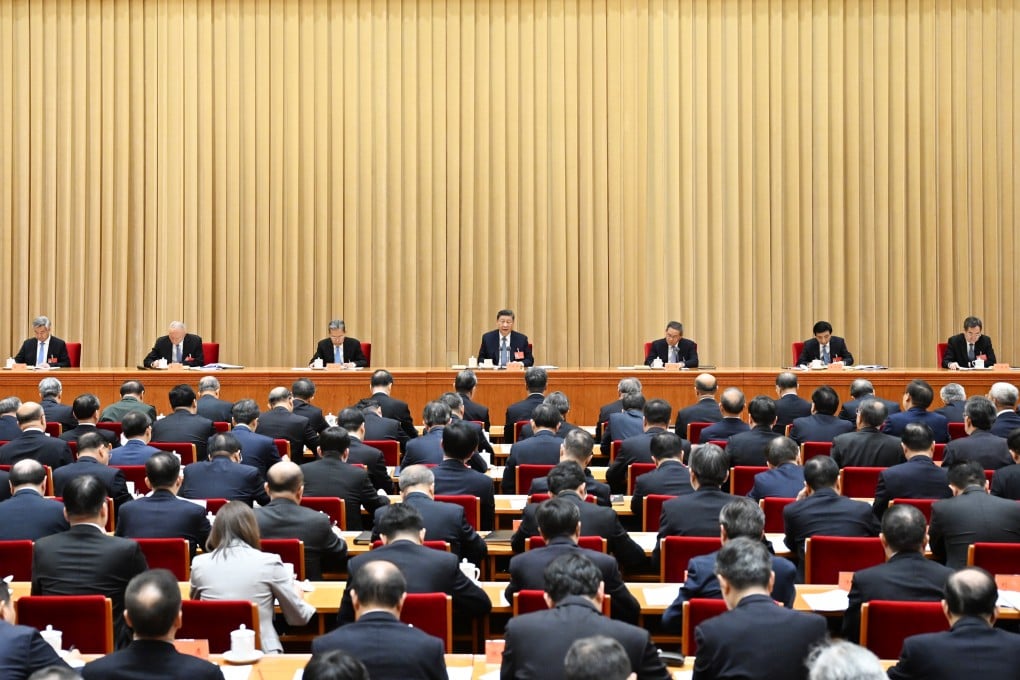Explainer | What is neijuan, and why is it worrying China’s economic policymakers?
At central economic work conference, the country’s leadership emphasised the need to combat excessive cutthroat competition

In recent years, neijuan – involution – has been identified as an obstacle to China’s economic development.
During last week’s central economic work conference, the country’s leadership emphasised the need to fight against neijuan-style competition and rectify related behaviour by local governments and enterprises.
What is neijuan/involution?
It refers to excessive competition, where more resources are invested without increasing returns or reinvestment in research and development.
For some industries, companies may attempt to gain a temporary competitive advantage by lowering prices at the cost of profit margin to undercut rivals. This behaviour may force all parties to invest greater effort, leading to a deterioration of the overall industry environment, increased pressure to survive, and stagnant or declining growth for all participants.
How has China’s central government dealt with it?
The central government has increasingly focused on involution in its economic policies.